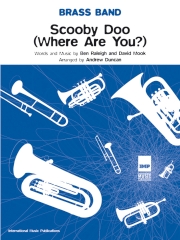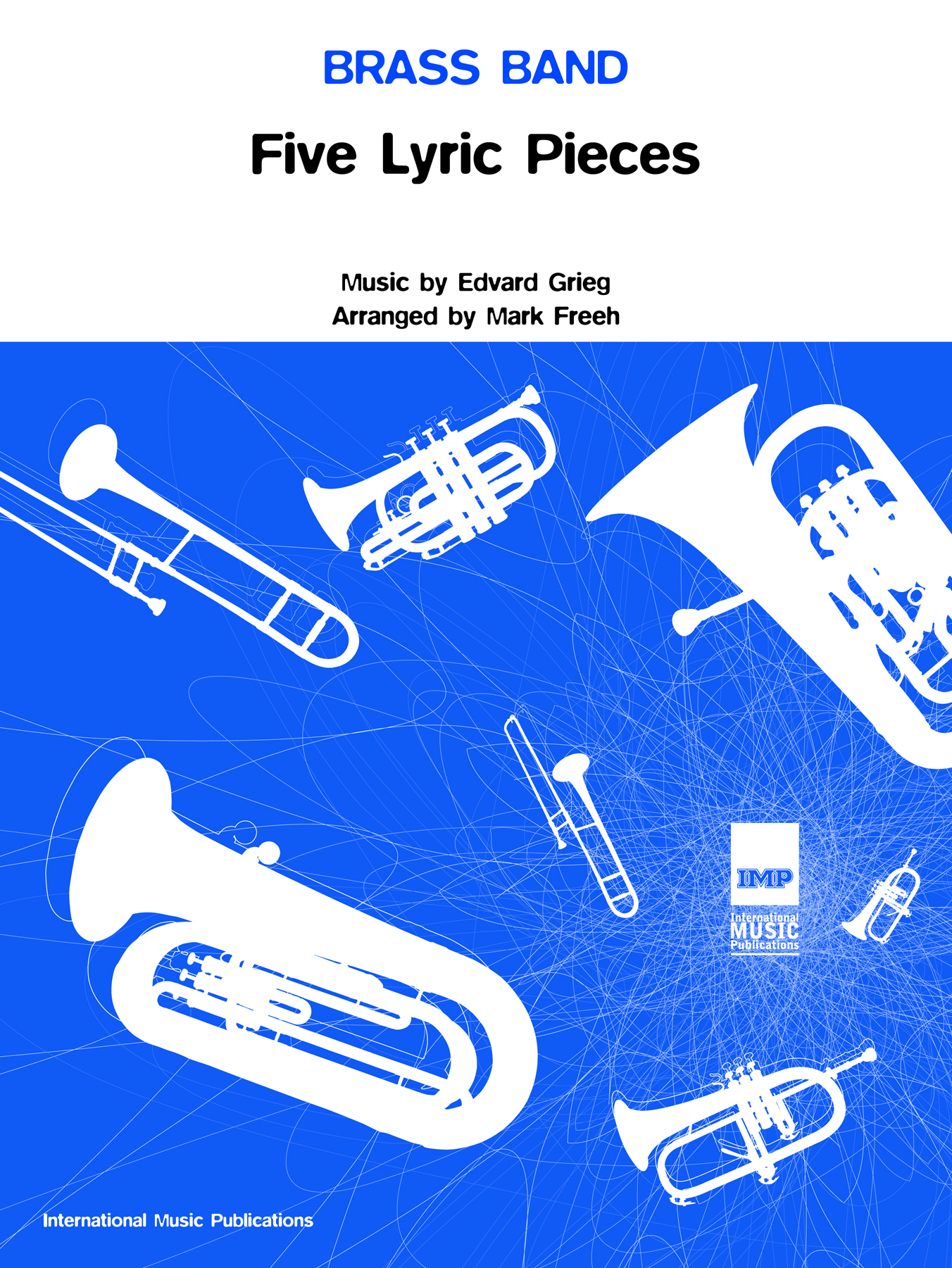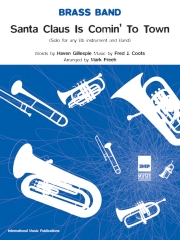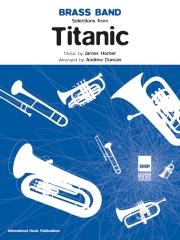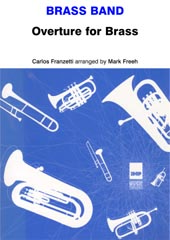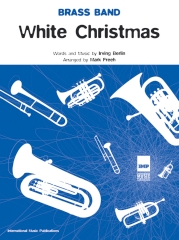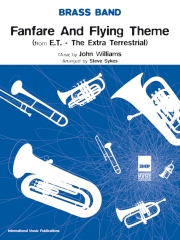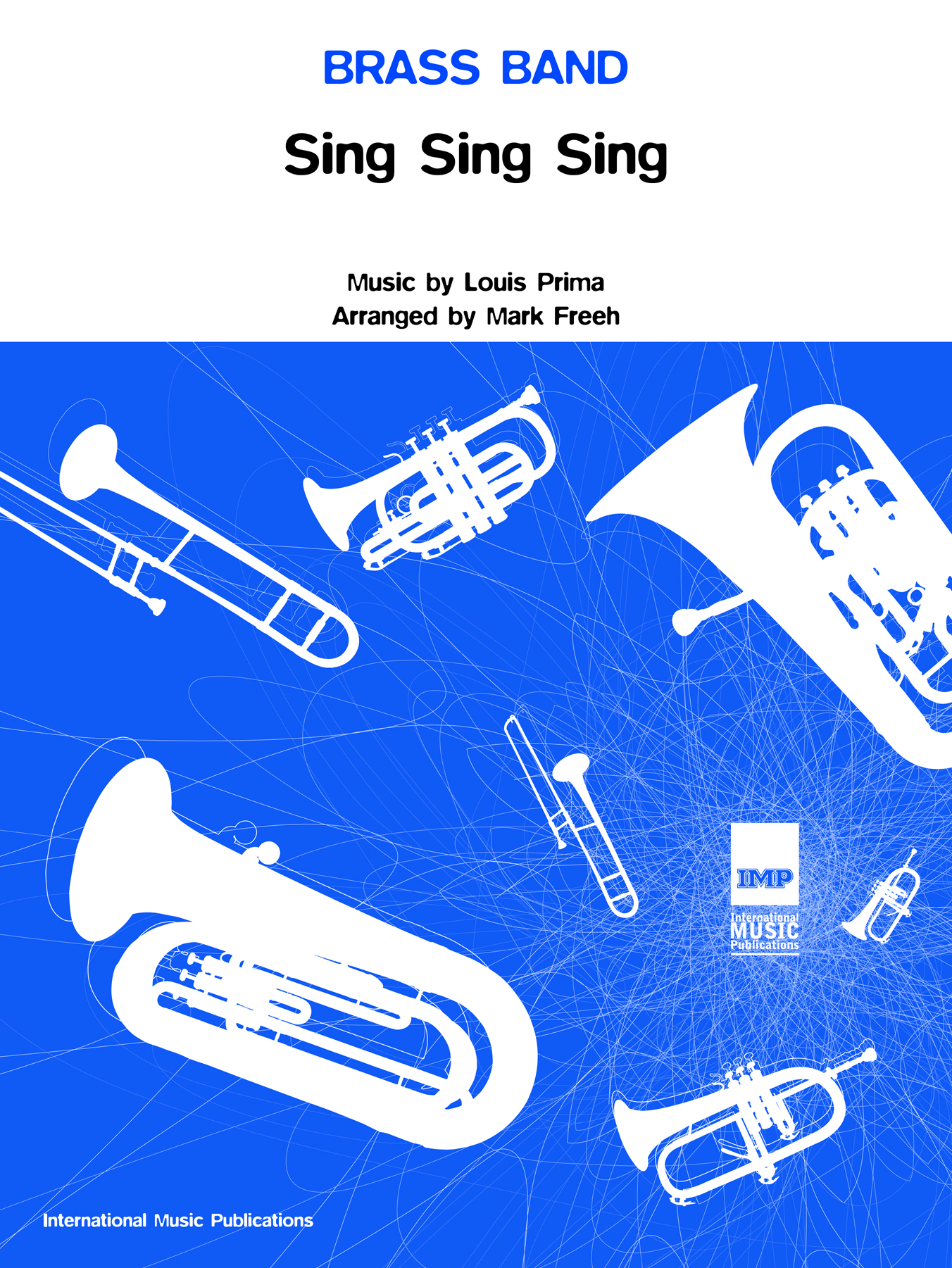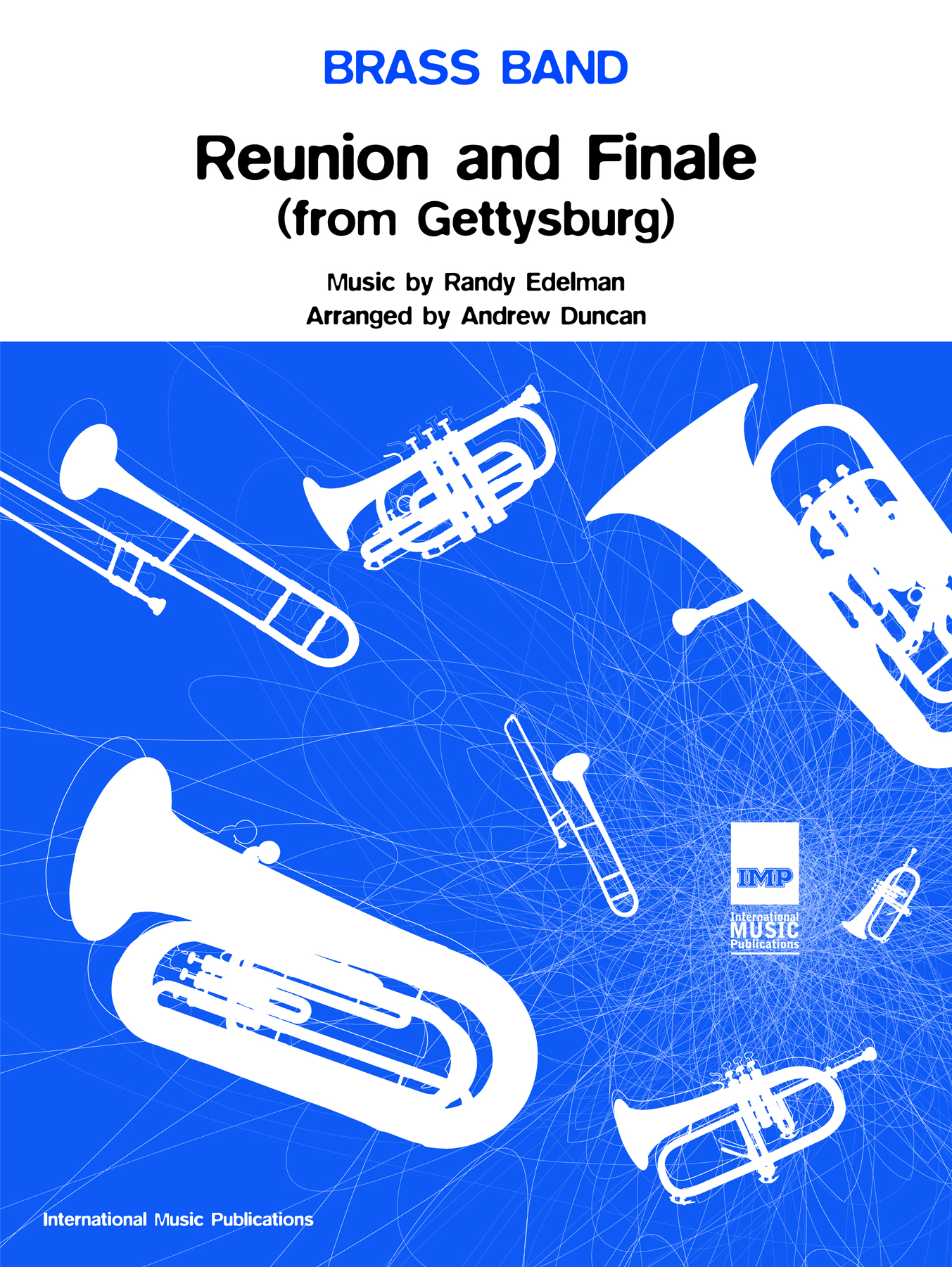Results
-
£40.00
Scooby Doo (Where Are You?) (Score & Parts) - Ben Raleigh
A classic arrangement of the theme tune to the 1960s cartoon Scooby Doo (Where Are You?), arranged for brass band by Andrew Duncan. Brass Band Grade 4: Advanced Youth and 3rd Section Duration: 5 minutes
In Stock: Estimated dispatch 1-3 working days
-
£40.00
Five Lyric Pieces (Score & Parts) - Edvard Grieg
Mark Freeh's arrangement of five of Grieg's Lyric Pieces are taken from the orchestral adaptations from the composer himself. Grieg wrote 66 piano miniatures, all referred to as lyric pieces.Brass Band Grade 5: 1st SectionDuration: 12 minutes
In Stock: Estimated dispatch 1-3 working days
-
£40.00
Santa Claus Is Comin' To Town (Score & Parts) - John Frederick Coots
Santa Claus Is Comin' To Town, Mark Freeh's delightful arrangment of the this Christmas classic. Brass Band Grade 4: Advanced Youth and 3rd Section. Duration: 3 Minutes.
In Stock: Estimated dispatch 1-3 working days
-
£40.00
Titanic Selections (Score & Parts) - James Horner
Music from the 1997 movie blockbuster Titanic, composed by James Horner and arranged for brass band by Andrew Duncan. This arrangement includes the Celine Dion song, My Heart Will Go On. Brass Band Grade 4: Advanced Youth and 3rd Section Duration: 9 minutes
In Stock: Estimated dispatch 1-3 working days
-
£45.00
Overture for Brass (Score & Parts) - Carlos Franzetti
From symphonies to big band jazz, and from chamber works to Latin American music and film scores, the music of Argentian-born composer and arranger Carlos Franzetti (b.1948) has won many prestigious awards. This exciting six minute overture, Overture for Brass, was arranged by Mark Freeh and has been recorded by the GUS Band, conducted by Bramwell Tovey.Brass Band Grade 4: Advanced Youth and 3rd SectionDuration: 6 minutes
In Stock: Estimated dispatch 1-3 working days
-
£40.00
White Christmas (Brass Band Score & Parts) - Irving Berlin
White Christmas, Irving Berlin's hardy perennial, arranged for brass band by Mark Freeh.Brass Band Grade 4: Advanced Youth and 3rd Section.Duration: 3 minutes.
In Stock: Estimated dispatch 1-3 working days
-
£40.00
Fanfare and Flying Theme from 'ET' (Score & Parts) - John Williams
John Williams' instantly recognisable Fanfare And Flying Theme (from E.T. The Extra Terrestrial) is colourfully arranged for brass band by Steve Sykes. Brass Band Grade 4: Advanced Youth and 3rd Section Duration: 5 minutes
In Stock: Estimated dispatch 1-3 working days
-
£40.00
Sing Sing Sing (Score & Parts) - Louis Prima
Sing, Sing, Sing, written in 1936 by Louis Prima, has become one of the definitive songs of the big band and Swing Era. Although written by Prima, it is often most associated with Benny Goodman. Easily accessible to concert audiences due to its big beat and showy drum breaks structure, this arrangement by Mark Freeh is a welcome inclusion in any concert programme.Brass Band Grade 4: Advanced Youth and 3rd SectionDuration: 6 minutes
In Stock: Estimated dispatch 1-3 working days
-
£40.00
When The Saints Go Marching In (Score & Parts) - Traditional
A classy treatment of the classic show number When the Saints Go Marching In arranged for brass band by Mark Freeh. Brass Band Grade 4: Advanced Youth and 3rd Section Duration: 5 minutes
In Stock: Estimated dispatch 1-3 working days
-
£50.00
Reunion and Finale (Score & Parts) - Randy Edelman
Two movements from the the 1993 American Civil War film, Gettysburg, with music by Randy Edelman. This version for brass band is arranged by Andrew Duncan.
In Stock: Estimated dispatch 1-3 working days

